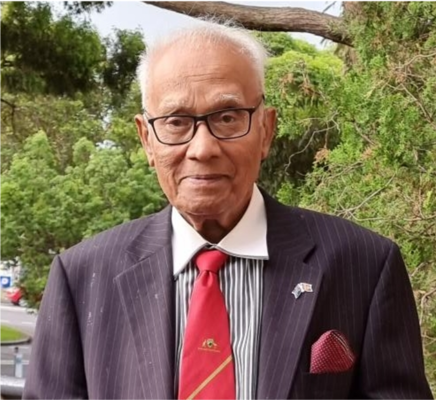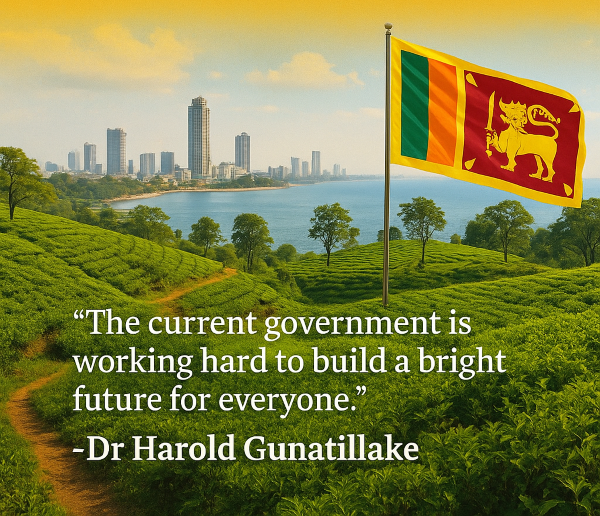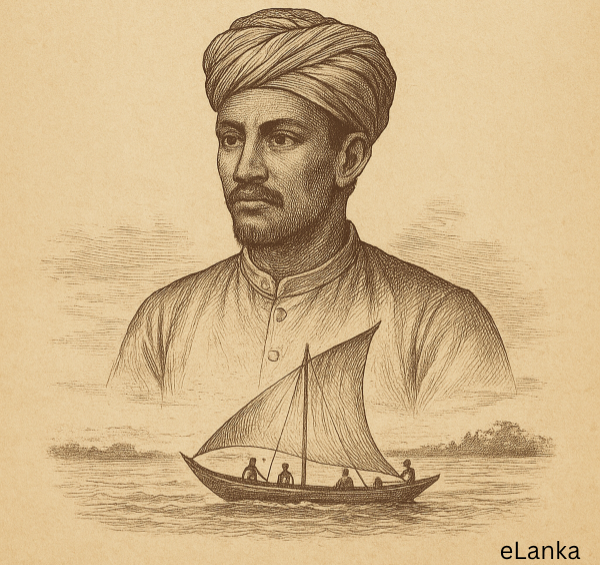Why Does Russia Want Ukraine?- Dr Harold Gunatillake

Image source : reddit.com
The Russian Federation post-Soviet era. All those countries regained their independence in 1991 … again, including Ukraine.
Image source : omniatlas.com
Overview:
Putin believes that Zelensky’s alignment with Western powers will undermine Russia’s military and political stability. He justifies and considers inevitable the destruction of military infrastructure, including cities housing civilians. Conversely, Zelensky requires support from Western nations, including the United States and NATO, to defend against the Kremlin. Ultimately, no viable solutions appear to be available to resolve this conflict.
Putin opposes Ukraine establishing closer ties with NATO and the European Union, as such alliances pose a threat to Russia’s perceived sphere of influence. From Moscow’s perspective, the expansion of Western powers into Eastern Europe could undermine Russia’s political and military stability, thereby complicating Russia’s efforts to exert control over the region. This apprehension significantly contributes to the tension and conflicts associated with Ukraine’s international relations.
A complex interplay of historical, political, economic, and security considerations shapes Russia’s interest in Ukraine. Historically, Ukraine and Russia have maintained extensive cultural and historical ties, with many Russian individuals regarding Ukraine as an integral part of their national heritage. Politically, exerting control or influence over Ukraine enables Russia to maintain its regional dominance and deter the nation’s potential alignment with Western entities, such as NATO and the European Union.
Economically, Ukraine is important due to its fertile agricultural land, industrial base, and its role as a transit country for Russian energy exports to Europe. Security-wise, Russia sees Ukraine as a strategic buffer zone against perceived threats from the West. The desire to assert influence over Ukraine is also tied to domestic Russian politics, where decisive actions abroad can bolster support at home. These factors combined explain why Russia places such high importance on its relationship with Ukraine.
Ukraine’s independence and democratic aspirations, meanwhile, stand in direct opposition to Putin’s vision of a resurgent Russian empire. Since declaring independence from the Soviet Union in 1991, Ukraine has consistently sought to strengthen its democratic institutions and align more closely with Western values, including transparency, rule of law, and respect for human rights. This pursuit has been reflected in the country’s efforts to develop a pluralistic political system, hold fair elections, and foster civil society, despite facing significant internal and external challenges.
In contrast, Vladimir Putin’s leadership in Russia has been marked by attempts to reassert control over former Soviet territories and revive the influence of a centralised, authoritarian state. The Kremlin’s actions, including the annexation of Crimea and ongoing involvement in eastern Ukraine, underscore a desire to challenge the sovereignty of neighbouring states and limit their capacity to pursue independent foreign policies. Ukraine’s efforts to deepen ties with the European Union and NATO further underscore the stark divergence between its democratic aspirations and Russia’s imperial ambitions, making the region a focal point for competing visions of governance and national identity.
Around mid-October 2025, President Donald Trump of the United States is contemplating the deployment of long-range Tomahawk cruise missiles to Ukraine. When questioned by journalists aboard Air Force One on Sunday regarding the possibility of supplying Kyiv with Tomahawks, Trump responded, “We’ll see… I may.” He stated that the missiles would constitute “a new step of aggression” in Ukraine’s conflict with Russia. Trump’s stance towards Russia has become more hardened in recent months, reflecting impatience with Vladimir Putin’s lack of cooperation in reaching a ceasefire agreement with Kyiv. “I might inform them [Russia] that if the war remains unresolved, we may very well consider sending Tomahawks to Kyiv; we may not, but it remains a possibility,” he added.
Trump’s denial regarding Ukraine’s utilisation of US-supplied missiles.
President Donald Trump refutes allegations that Ukraine is utilising U.S.-supplied long‑range missiles, thereby delivering a political setback to President Zelensky. In a resolute statement after his recent refusal to authorise further transfers of Tomahawk missiles,
Trump emphasised that Washington’s strategic approach prioritises diplomacy and accountability. Subsequently, the President announced new sanctions directed at Russian oil corporations, urging both President Putin and President Zelensky to act with “reasonableness” to facilitate the restoration of peace.
President Trump announced new sanctions targeting Russian oil corporations, emphasising the need for both President Putin and President Zelensky to approach negotiations with reasonableness to help restore peace. This move aims to increase diplomatic pressure and encourage constructive dialogue between the parties involved.
President Volodymyr Zelensky appears to have left the White House empty-handed after US President Donald Trump indicated his unwillingness to supply the desired Tomahawk cruise missiles to Ukraine.
Zelensky stated after the cordial bilateral discussions that he and Trump discussed long-range missiles, but decided against issuing statements on the matter “because the United States does not want an escalation. “
Following the meeting, Trump utilised social media to urge Kyiv and Moscow to “stop where they are” and bring an end to the war.
Meanwhile, Swedish Prime Minister Ulf Kristersson and Ukrainian President Volodymyr Zelenskyy confirmed an agreement for Sweden to supply Kyiv with Swedish-made Gripen fighter jets. This marks a significant step in Sweden’s support for Ukraine amid the ongoing conflict, bolstering the country’s air defence capabilities.
Prime Minister Ulf Kristersson met with Ukrainian President Volodymyr Zelenskyy in Sweden. Photo: Ninni Andersson/Government Offices
Image source : .government.se
“I am proud to have welcomed President Zelenskyy to Sweden and Linköping. Today, we have signed an important Letter of Intent, marking a significant step towards a potential substantial export agreement regarding Gripen – likely involving between 100 and 150 fighter jets – to establish a new and resilient Ukrainian Air Force. President Zelenskyy also had the opportunity to observe firsthand the impressive capabilities of the Gripen fighter. This will bolster the security and cooperation among Ukraine, Sweden, and Europe.”
The Financial Times reports that President Donald Trump urged Volodymyr Zelenskyy to accept a peace deal based on Russia’s terms during their White House meeting on Friday. According to the newspaper, Trump warned that Vladimir Putin had threatened to destroy Ukraine if his demands were rejected.
Meanwhile, in a statement to reporters aboard Air Force One late Sunday, President Trump indicated that the conflict in Ukraine could be resolved through dividing the Donbas region along the existing lines of control, which would result in the majority of the territory being transferred to Russia. These remarks were made following the tense meeting with President Zelenskyy on Friday.
Trump’s support for Ukraine, by not intending to supply the latest long-range missiles as previously envisaged, provides leverage for Putin’s territorial ambitions in Kiev. Sanctions imposed on Russia are a reflection of defeat and shame for Trump, who once claimed he would end the war and establish peace within 24 hours.
Many times, Trump said, even before coming to office a second time, he repeatedly claimed that he would end the war in one day.
On March 25, 2023. Rally in Waco, Texas, Trump said,
Before arriving at the Oval Office, shortly after winning the presidency, I will have resolved the catastrophic conflict between Russia and Ukraine. When I say ‘end it,’ I am confident that I will secure a settlement swiftly. I am familiar with both parties involved, and I believe a resolution can be achieved expeditiously. Such negotiations are exclusively within the purview of the presidency, given that the office controls the financial flows. I am committed to securing this settlement within 24 hours.
Latest development: Zelensky rushed to Brussels for a reason! You won’t believe WHAT’S GOING TO HAPPEN today
The European Union has agreed on a new raft of sanctions against Russia targeting its shadow fleet of oil tankers and banning its imports of liquefied natural gas. European Council President António Costa announced that the 27-nation bloc approved the 19th package of sanctions early on Thursday.
The entire situation remains unresolved and uncertain. End
























